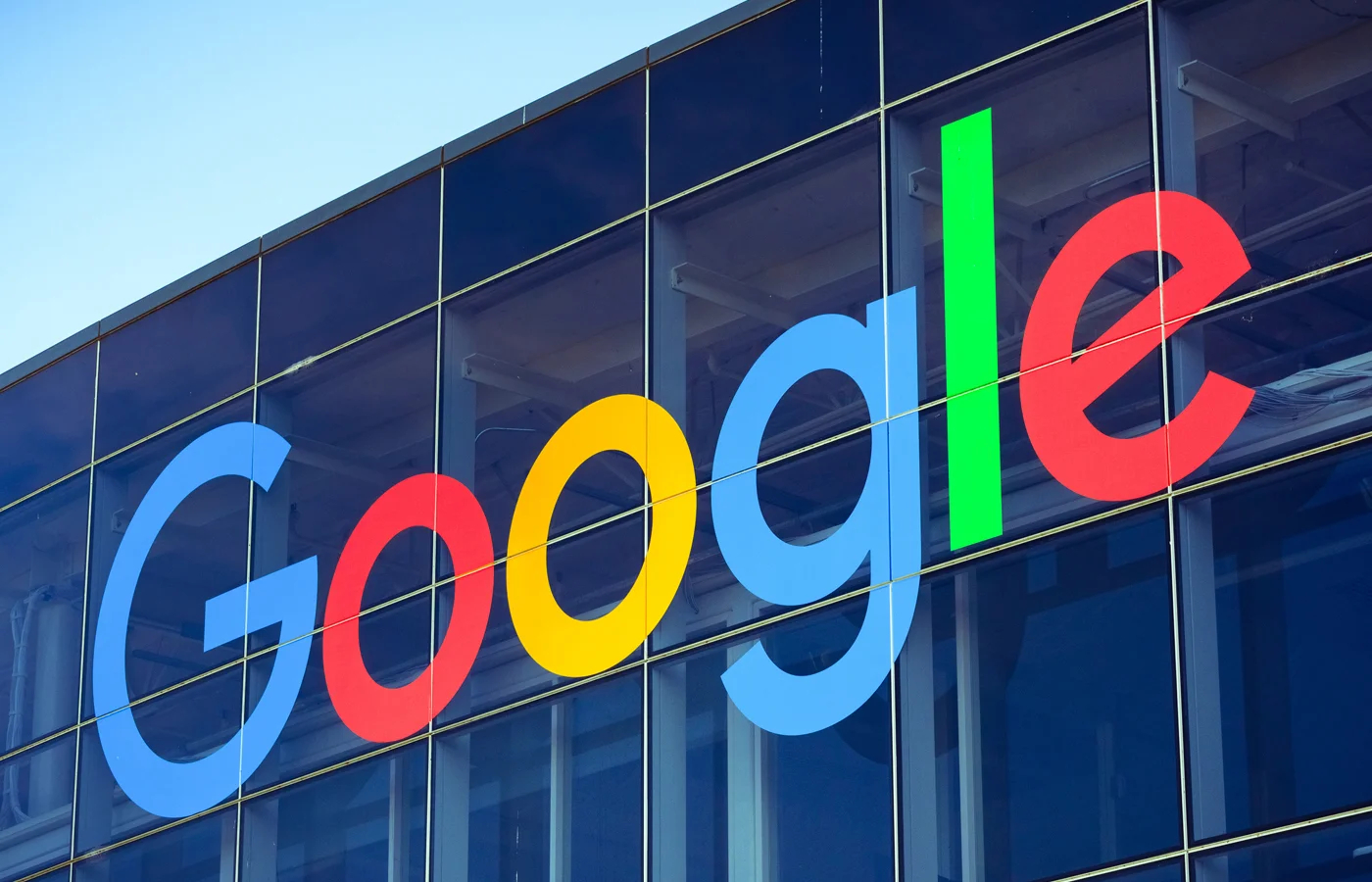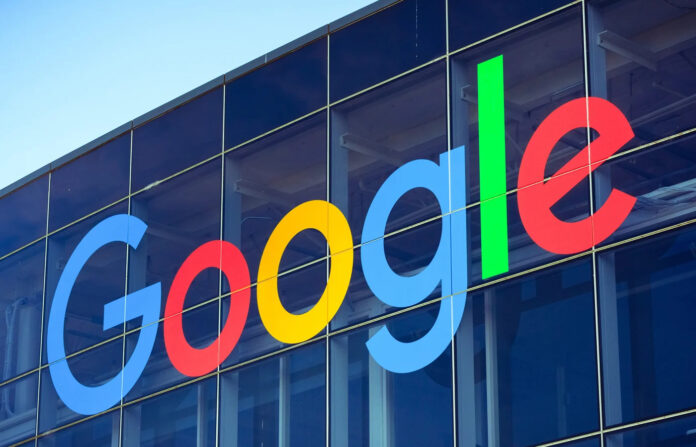
‘Google Zero’ Looms as AI Search Results Crush Publishers’ Traffic


Online publishers are facing what many describe as a “traffic apocalypse,” as Google’s AI-generated summaries appear to be cutting off one of their most important sources of readers: search traffic.
Since the introduction of AI Overviews last year, Google users in the US have been seeing short AI-generated summaries at the top of their search results. However, according to Pew Research, these summaries are significantly reducing the frequency with which people click through to the original sources.
The report tracked the online activity of 900 adults in the US and found that users were significantly less likely to click on links when AI-generated summaries appeared. Traditional search links were clicked in only 8% of visits that included an AI summary, almost half the rate of visits without one (15%).
Even worse for publishers: very few users clicked the sources cited in the AI summaries themselves, just 1% of visits. A separate Authoritas analysis, cited by The Guardian, found that sites once ranked at the top of search results could lose up to 79% of their traffic if AI summaries appear above them.
Publishers brace for ‘Google Zero’
Media companies are now scrambling to adapt as referral traffic from Google continues to drop. Some call this looming crisis “Google Zero.” The phenomenon refers to a future where Google Search no longer sends meaningful traffic to publishers, as users increasingly get their answers straight from Google’s AI without clicking through to source sites.
Wired, for example, is rolling out a new subscription offering, live Q&As with editors, and exclusive newsletters. In an editor’s note, Katie Drummond called it a response to the “traffic apocalypse” caused by declining search and social media referrals.
In late June, a coalition of publishers, led by the Independent Publishers Alliance, filed an antitrust complaint with the European Commission, arguing that AI Overviews “have caused, and continue to cause, significant harm to publishers.”
Google rejected the idea that its AI tools are harming publishers; a spokesperson told Reuters that “claims about traffic from search are often based on highly incomplete and skewed data,” adding that AI-powered search “creates new opportunities for content and businesses to be discovered.”
Still, publishers argue that these opportunities aren’t translating into traffic or revenue.
With one in five Google searches now generating AI summaries, publishers are racing to build direct audiences through subscriptions, apps, and events before traditional web traffic disappears completely.

